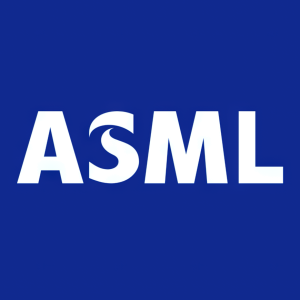ASML reports transactions under its current share buyback program
ASML reports transactions under its current share buyback program
VELDHOVEN, the Netherlands – ASML Holding N.V. (ASML) reports the following transactions, conducted under ASML's current share buyback program.
| Date | Total repurchased shares | Weighted average price | Total repurchased value |
| 01-Apr-24 | -* | - | - |
| 02-Apr-24 | 9,023 | | |
| 03-Apr-24 | 13,609 | | |
| 04-Apr-24 | 7,534 | | |
| 05-Apr-24 | 7,459 | |
*Markets closed
ASML’s current share buyback program was announced on 10 November 2022, and details are available on our website at https://www.asml.com/en/news/share-buybacks
This regular update of the transactions conducted under the buyback program is to be made public under the Market Abuse Regulation (Nr. 596/2014).
| Media Relations Contacts | Investor Relations Contacts |
| Monique Mols, phone +31 6 528 444 18 | Skip Miller, phone +1 480 235 0934 |
| Marcel Kemp, phone +31 40 268 6494 | |
| Peter Cheang, phone +886 3 659 6771 |








